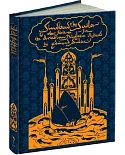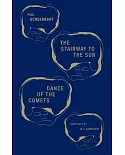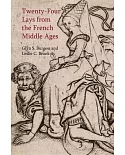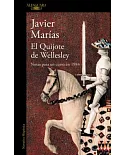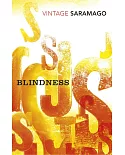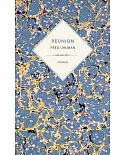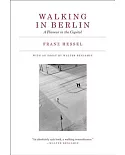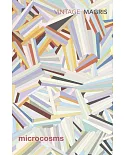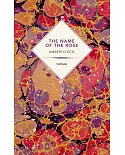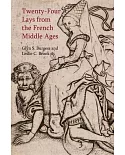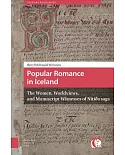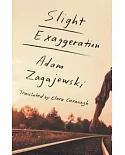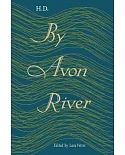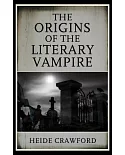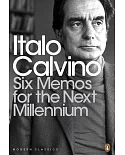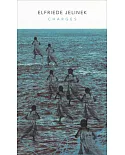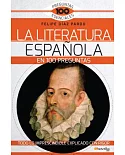Hugo Claus, generally recognized as the greatest living writer in the Dutch language, became famous in the theater for several early works of particular force and daring. This volume includes
three of those remarkable early plays: Bride in the Morning, Sugar, and The Sacrament. All three plays boast unforgettable characters trapped in a world of oppressive social mores. The central
figures are all subject to sexual and creative impulses towards objects of forbidden love that bring disapproval and censure crashing in on them, subsequently bringing about their own
ruin.
Bride in the Morning follows an endgame contest between a young heroine enamored of her own mentally challenged brother pitted against her grasping and dictatorial mother, hell bent on
separating the two. Sugar, set in the sugar beet country of northern France, reminiscent of the itinerant workers of Steinbeck's Of Mice and Men, follows the infatuation of a luckless worker,
hopelessly enamored of a self destructive local prostitute. And The Sacrament offers the desperate quest for approbation of a young homosexual man, who had been seduced early on by a village
priest and who now futilely seeks that priest's understanding.
The introduction incorporates lengthy, detailed analyses of the plays, sets them in their historical and stylistic context, provides carefully researched descriptions of the original
productions as well as mention of subsequent ones and goes into great depth charting the initial critical and public response to the plays as well as their later reception, as they came to be
considered modern classics.


